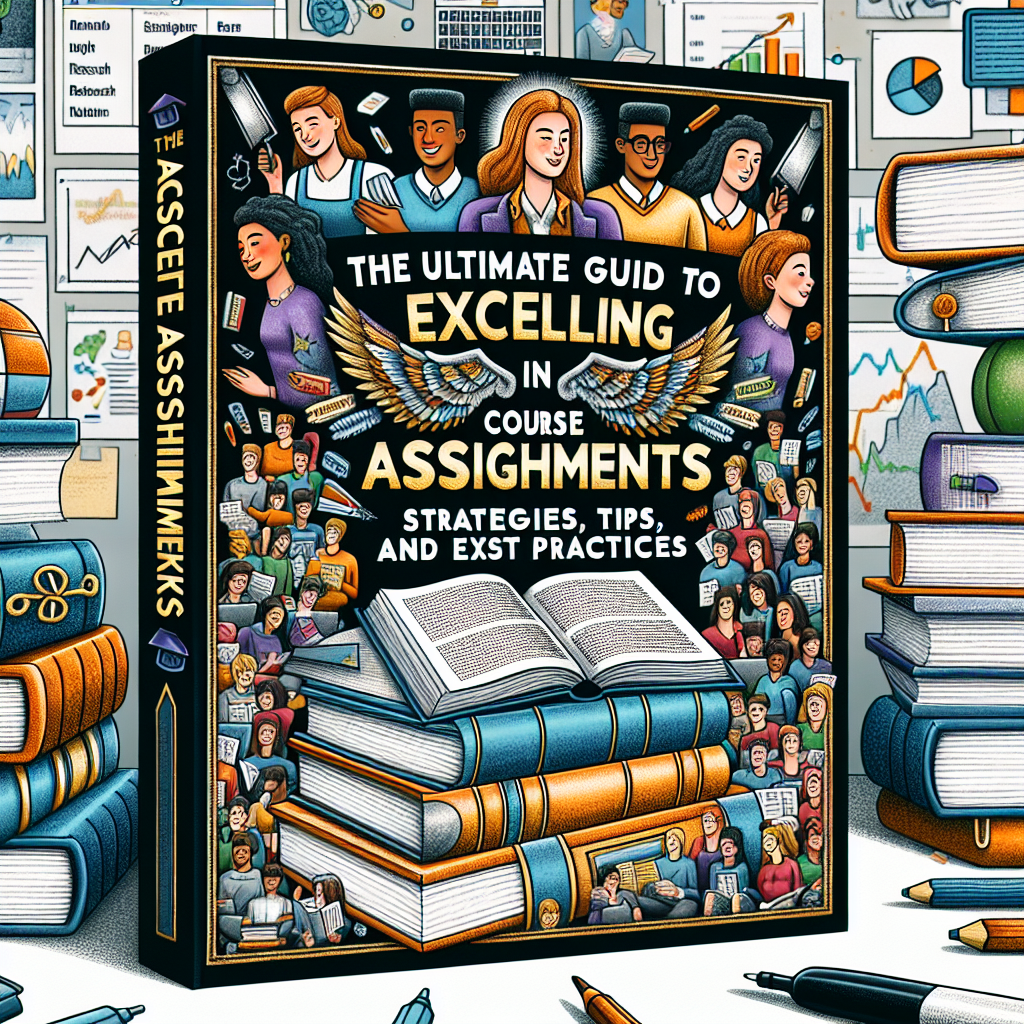Mastering Course Assignments: Your Pathway to Academic Success
Navigating the world of course assignments is a critical aspect of any student’s academic journey. These assignments not only assess your understanding of the subject matter but also help you develop essential skills like time management, critical thinking, and effective communication. Whether you’re working on essays, research papers, group projects, or presentations, mastering the art of course assignments can make a significant difference in your educational experience.
What Are Course Assignments?
Course assignments are tasks, projects, or activities assigned by instructors as part of the curriculum. Their primary purpose is to evaluate your grasp of the course content, encourage independent learning, and foster skills such as analysis and problem-solving. These tasks can range from essay writing and case studies to group assignments and presentations. Understanding the different types of assignments and their objectives is the first step toward excelling in them.
- Essays and Reports: Assess your ability to articulate ideas and research findings.
- Research Projects: Encourage deep exploration and academic inquiry.
- Group Projects: Enhance teamwork and collaborative skills.
- Presentations: Test communication and organizational abilities.
- Case Studies: Develop analytical and decision-making skills.
The Importance of Course Assignments in Academic Growth
Completing academic assignments is more than fulfilling course requirements. They are stepping stones for building a strong foundation in your field of study. Through consistent practice and engagement with assignments, students not only gain subject matter expertise but also improve their research, writing, and presentation skills. These tasks prepare you for future challenges, both academically and professionally.
Effective Strategies to Excel in Course Assignments
-
Understand the Requirements:
Always read the assignment guidelines carefully. Clarify any doubts with your instructor to ensure you have a clear understanding of the expectations, marking criteria, and submission deadlines.
-
Plan and Organize:
Break down the assignment into manageable tasks. Use planners, checklists, or digital tools to organize your work and set achievable deadlines for each stage.
-
Research Thoroughly:
Gather information from reliable sources such as academic journals, textbooks, and lecture notes. Evaluate the credibility of your sources to support your arguments effectively.
-
Create an Outline:
Structure your assignment before you start writing. An outline helps maintain logical flow and ensures all key points are covered.
-
Draft and Revise:
Write your first draft without worrying about perfection. Focus on getting your ideas down, then revise for coherence, clarity, and conciseness. Proofread to eliminate grammar and spelling errors.
-
Seek Feedback:
If possible, share your work with peers or tutors for constructive feedback. This can help identify areas for improvement that you might have overlooked.
-
Manage Your Time Effectively:
Avoid last-minute rushes by starting early and adhering to your plan. Good time management reduces stress and enhances the quality of your submission.
Common Challenges in Course Assignments and Solutions
| Challenge | Solution |
|---|---|
| Poor Time Management | Use digital planners, prioritize tasks, and set reminders for deadlines. |
| Difficulty Understanding Instructions | Seek clarification from instructors or classmates and review assignment rubrics. |
| Insufficient Research Skills | Attend library workshops or use online academic resources to improve research techniques. |
| Writer’s Block | Start with brainstorming, take regular breaks, and avoid aiming for perfection in the first draft. |
| Lack of Motivation | Set small goals and reward yourself for achievements to stay motivated. |
Boosting Assignment Quality: Integrating Related Concepts
To achieve high grades in your coursework assignments, it’s beneficial to incorporate related concepts and demonstrate a comprehensive understanding of the subject. Use LSI keywords such as “academic writing”, “project submissions”, “student assessment”, “university tasks”, and “homework strategies” naturally within your content. This not only enriches your assignment but also signals depth of knowledge to your evaluators.
Best Practices for Various Assignment Types
Essay Writing
- Develop a strong thesis statement.
- Use evidence-based arguments.
- Maintain logical flow between paragraphs.
- Reference all sources appropriately.
Group Projects
- Communicate regularly with team members.
- Assign clear roles and responsibilities.
- Use collaborative tools to track progress.
- Resolve conflicts diplomatically and stay focused on the objective.
Presentations
- Practice your speech for clarity and confidence.
- Use visual aids to enhance understanding.
- Engage the audience with interactive elements.
- Time your presentation to fit within the allocated slot.
How to Avoid Plagiarism in Your Assignments
Academic integrity is crucial in all student assignments. To avoid plagiarism:
- Always reference and cite your sources using the required citation style (APA, MLA, Chicago, etc.).
- Paraphrase information in your own words while retaining the original meaning.
- Use plagiarism checkers to ensure originality before submission.
- Keep track of all sources consulted during your research process.
Conclusion: Achieving Excellence in Course Assignments
Excelling in course assignments requires a strategic approach, consistent effort, and a commitment to continuous improvement. By understanding assignment requirements, managing your time efficiently, conducting thorough research, and adhering to academic integrity, you can achieve outstanding results in your coursework. Remember, every assignment is an opportunity to learn, grow, and demonstrate your academic abilities.
